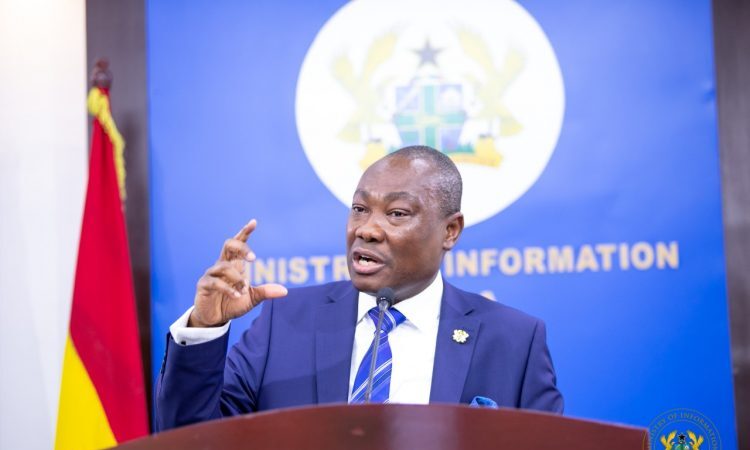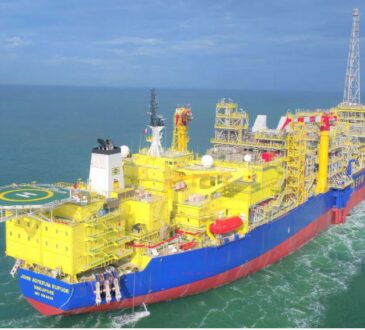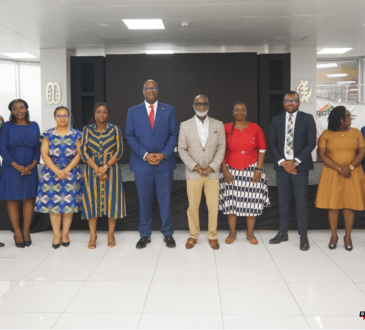
Fuel supply to mining companies in Ghana is projected to reach $1 billion, according to the CEO of the Minerals Commission, Martin Ayisi.
In 2022, 13 mining operations spent $435 million on fuel, supplied exclusively by indigenous oil marketing companies. This move is part of the government’s local content policy, which aims to retain more economic benefits within the country.
Speaking on GTV’s Breakfast Show, Mr. Ayisi highlighted that major mining firms like Anglogold Ashanti and Newmont, along with 11 other operations, are now sourcing their fuel from Ghanaian companies. This shift, initiated around 2019, stopped foreign firms like Total, Vivo, and Engen from selling fuel to mining companies in Ghana.
“We have preserved this sector for Ghanaians, and we expect that in a year or two, fuel supply to the mines alone will reach $1 billion,” he noted.
Mr. Ayisi further emphasized that by excluding foreign companies from this market, significant financial resources are retained in Ghana, benefiting the local economy.
In 2022, $435 million was spent on fuel by mining companies which far exceeds what the country earns from mining royalties. Indigenous companies like GASO Petroleum Limited and Zen Petroleum are among those now supplying fuel to the mines.
Additionally, a billion dollars was spent on contract mining in 2023, with local firms such as Ramoth, Thonket, Engineers and Planners, and Rocksure all benefiting from contracts. This policy shift is part of a broader government initiative to enhance local content and participation in the mining sector.
Data shows that mining companies in Ghana procured 94.4% of their inputs from local suppliers, reflecting a concerted effort to increase local content. Last year, these companies returned $4.2 billion to the country through sales of minerals processed via commercial banks.
Ghana’s Minerals and Mining Act, 2006 (Act 703) and its 2012 Local Content and Local Participation regulations (L.I. 2173) require mining license holders to prioritize Ghanaian recruitment, training, and local procurement. This includes goods such as explosives, electrical cables, cement, and services like R&D, technical support, insurance, and more. The list of required local goods and services continues to grow, further embedding local content in the mining sector.
By Eugene Davis







